Lemon Ginger Tea Benefits: 12 Proven Health Perks
This refreshing and healthy tea can be your go-to solution for several ailments.
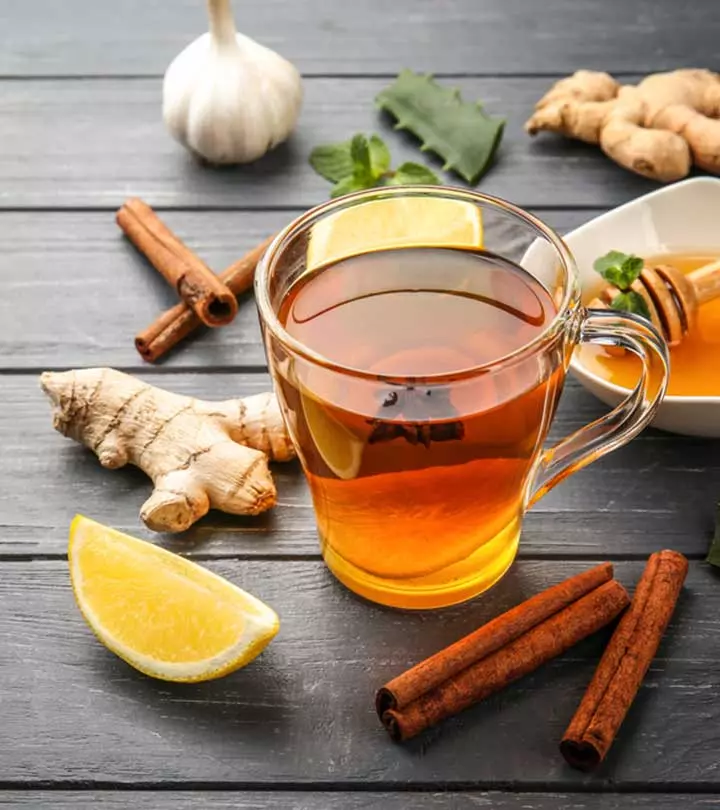
Image: Shutterstock
Lemon ginger tea benefits go beyond refreshing yourselves every morning.
This caffeine-free tea contains a high amount of vitamins, minerals, and antioxidants, which improve the health of your skin. Additionally, ginger imparts antibacterial properties to the tea, which helps fight off skin infections. Furthermore, the tea is used as an ayurvedic remedy to help relieve nauseai Uneasy feeling in the stomach that causes an urge to vomit but does not always lead to vomiting. , headaches, and cold. This beverage is great for increasing hair growth.
This article discusses the benefits of lemon ginger tea, how to prepare it, and any potential side effects. Take a look.
Let’s get started with why this tea is good for you…
 Know Your Ingredient: Lemon Ginger Tea
Know Your Ingredient: Lemon Ginger TeaWhat Is It?
A refreshing, healthy tea made with ginger and lemon that is packed with vital nutrients.
What Are Its Benefits?
May aid in weight loss, boost immunity, and improve heart health.
Who Can Consume It?
It is safe to consume for adults except for those who are taking blood thinners and medication for hypertension.
How Often?
Consume it around 2-3 times a day for sound health.
Caution
Avoid consuming this tea if you have diabetes or bleeding disorders.
In This Article
What Are The Benefits Of Lemon Ginger Tea For Your Health?
If you have been drinking only ginger tea for all these days, it’s time to try adding a few drops of lemon to it. Of course, ginger tea benefits your health in many ways, especially in fighting cold and flu, but a dash of lemon can take its taste profile and benefits a notch higher. Moreover, you can get creative and add other healthy ingredients like mint, honey, and cinnamon to this tea to increase its nutritional quotient.
But just the lemon and ginger combo is enough to benefit you in multiple ways as mentioned below.
1. Treats Nausea And Vomiting

Nausea and vomiting are common symptoms experienced due to seasickness, pregnancy, chemotherapy, or as a side effect of a treatment.
In such cases, lemon ginger tea works like magic. It has an anti-nausea effect and may tone down the symptoms to provide instant relief. Studies show that ginger is one of the most effective agents to treat gastrointestinal problems like nausea, vomiting, diarrhea, abdominal pain, and other digestive issues (1).
2. Stay Trim
If you are trying to maintain a healthy weight, you can drink your way to weight loss. How?
By consuming lemon ginger energy-boosting tea!
Ginger is reported to increase satiety and reduce the feelings of hunger, and lemon is known to increase insulin resistance and reduce the level of fat in the body (2), (3).
Bethany Gettis, Certified Holistic Nutritional Consultant, says, “Drinking several cups a day of lemon ginger tea will definitely curb your appetite and reduce blood sugar, therefore reducing sugar cravings for junk food. Belly fat can also be lost because we stay hydrated instead of drinking coffee or sugary drinks and cut back on unnecessary calories.”
She adds, “Ginger has also been known to keep you fuller longer and help increase more frequent bowel movements. If you struggle with this, adding ginger may also help you lose belly fat over time.”
Ginger and lemon together make a powerful combination that has metabolism-boosting benefits and burns more calories.
3. Boosts Immunity
Lemon is rich in vitamin C, a nutrient that is packed with antioxidants and has immune-boosting properties.
If you tend to contract infections easily or fall sick as soon as the weather changes, you need to start drinking this cold and flu relief tea to improve your immunity.
Lemon and ginger may help detox your body and are excellent at fighting infections, shortening the duration of cold, cough, flu, and protecting your body from infections like salmonella (4), (5).
Irene, a food blogger, shares how lemon ginger tea has been her trusted flu remedy ever since a drill rig chef made it for her. On its effects, she writes, “The first cup numbed my sore throat and the second cup numbed my lips and palette. By the third cup, my snuffly nose was clearing out and I generally felt a little better (i).” She also adds that its strong flavor numbs the taste buds after a few sips, but your sore throat receives much-needed relief.
4. Improves Cognitive Functioning

Want to become smarter? Have ginger! Or just have lemon ginger tea.
This wonder spice has anti-inflammatory and antioxidant properties. In a study, ginger was found to improve the memory of middle-aged women and increase their cognitive function (6).
Consuming lemon ginger tea every morning will have significant benefits for your overall brain health and reduce your risk of developing Alzheimer’s diseasei A progressive neurodegenerative disease that causes brain cells to shrink and impairs cognitive function and memory. .
5. Improves Heart Health
A simple tea consumed every day can be just about enough to protect your heart from ailments.
Lemon is rich in vitamin C, which is known to promote proper flow of blood through the arteries and veins and prevent blood clots (7). This significantly reduces the risk of heart attacks and strokes.
Ginger is known to enhance blood circulation and possess anti-inflammatory, antiplateleti A drug that prevents aggregation (platelets from sticking together) and blood clots and reduces the risk of a heart attack. , hypotensivei A state in which blood pressure drops to lower than normal, causing dizziness, fatigue, and loss of blood supply to the brain. , and hypolipidemici Drugs or agents that reduce the level of lipids or lipoproteins (transports cholesterol) that sometimes cause weight loss and fatigue. effects that help prevent cardiovascular diseases (8).
6. Alkalizes Your Body
We all know that lemon is acidic in nature, but did you know that it is highly alkalizing in nature once it goes into the body?
It’s true! When lemon juice is added to a cup of hot tea, it gets metabolized and begins alkalizing the body.
This calming tea helps in maintaining healthy teeth and gums, decreasing bad cholesterol and fat levels in the body, and reducing cravings for sweet food.
7. Is Helpful In The Treatment Of Ovarian Cysts
If you are suffering from PCOS and want to adopt a natural method to shrink your ovarian cysts, lemon ginger tea is exactly what you need.
Both lemon and ginger individually have healing and anti-inflammatory properties that help improve/reduce ovarian cysts.
There is not much research done to prove this claim, but this herbal treatment has received a lot of positive testimonials from people all over the world.
8. Improves Mood And Concentration

Apart from improving cognitive function and increasing concentration, drinking lemon ginger tea also boosts your mood and regulates mood swings.
It is for this reason that lemon is commonly used in aromatherapy. Ginger is also known to lower stress in the body.
9. Helps Improve Liver Function
The combination of lemon and ginger is extremely effective in improving liver function and promoting overall liver health.
Studies have reported that long-term use of ginger and lemon individually is beneficial to treat liver disease, whether it is related to alcohol or not (9), (10).
10. Soothes Pain, Menstrual Cramps, Headache, And Inflammation
Due to the anti-inflammatory effects of both ginger and lemon, this tea helps reduce different kinds of pain, whether it is related to migraines, menstrual cramps, or recovery from an illness or surgery.
Read more: Health Benefits of Galangal
Drinking this tea regularly considerably improves how you feel every day.
Key Takeaways
- Ginger may help fight off infections and soothe skin irritations as it has antibacterial and anti-inflammatory properties.
- This beverage may improve liver function
- Lemon ginger tea may improve heart health as both lemon and ginger are known to enhance blood circulation.
- Vitamin C in lemon may help brighten skin and reduce dark spots.
- This tea may aid in hair growth as it packs in fair amounts of vitamins and minerals.
Are There Any Benefits For The Skin?
There sure are! Lemon ginger tea can give a beautiful glow to your skin and make it look smooth and flawless.
11. Makes Your Skin Smooth And Flawless

The powerful combination of lemon and ginger is not only exceptionally effective in treating any health disorder, but it also works towards giving you beautiful and flawless skin.
Lemon ginger tea has a high amount of vitamins, minerals, and antioxidants that improve your overall skin health. The presence of ginger also imparts antibacterial properties to the tea, which fights off skin infections, thus clearing up your skin.
And What About Hair Benefits?
Beautiful hair goes with beautiful skin, and that’s what you will get if you drink this tea regularly. Lemon ginger tea nourishes your scalp and promotes hair growth.
12. Promotes Hair Growth
Drinking this tea regularly ensures a healthy supply of vitamins and minerals to your scalp, thus making your hair stronger and shinier.
Lemon ginger tea helps reduce hair fall. It also helps get rid of scalp related problems like dandruff and itchiness.
 Trivia
TriviaThe nutritional content of lemon ginger tea may vary according to its recipe. Check out the next section for its general overview.
Lemon Ginger Tea Nutrition
Lemon and ginger, the two main ingredients of this tea, are low in calories. A slice of lemon contains only 2.32 calories, while one tablespoon of ginger contains 1.6 calories (11), (12). Since water has no calories, the total number of calories in a cup of lemon ginger tea only comes up to about 3.92 calories, which is almost negligible (13). This tea is also rich in nutrients like vitamin C and potassium due to the presence of lemon in it (11).
Are you now wondering how to get started with this concoction? Here is the answer to the most important question…
How To Make Lemon Ginger Tea?
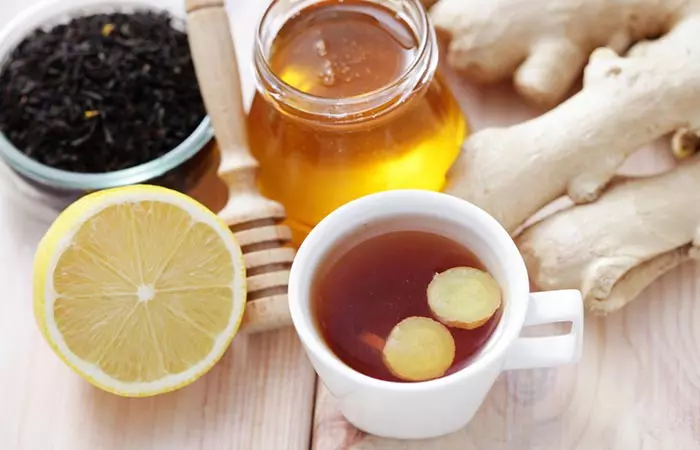
This is an excellent recipe for a homemade lemon ginger syrup that can be used to make either a hot or cold tea, whenever desired.
It is very easy to make and delicious to drink.
You Will Need
- 2 slices of lemon
- ½ cup of ginger (sliced)
- ½ cup of raw honey
Method
- In a glass jar, mix all the ingredients.
- Allow them to steep for a few hours. You can also leave the jar in the refrigerator overnight.
- The juices of both lemon and ginger infuse with the honey to give a thick syrup.
- Add 1-2 spoonfuls of this syrup to a cup of hot water to make a healthy and delicious tea.
If you don’t want to make a syrup, you can also make fresh lemon ginger tea by adding lemon juice and a piece of ginger to boiling water and cooking on simmer for about 15 to 20 minutes.
Irene also likes to add a tablespoon of whole cloves before letting the mixture steep. And she has the first mug piping hot. She writes, “I drink the first mug straight to make the most of the numbing properties of the cloves.”.
 Quick Tip
Quick TipIf you want your leftover lemon ginger tea to remain fresh and flavorful, you should store it well. Learn how to do it in the following section.
How To Store Lemon Ginger Tea
If you have brewed lemon ginger tea and want to store it for later, do the following:
- Let it cool to room temperature.
- Transfer to an airtight glass container.
- Refrigerate for up to 3-5 days.
When you are ready to drink the tea, simply reheat it or enjoy it cold.
If you want to enhance the benefits you reap from lemon ginger tea, you may enjoy the tips mentioned below. Read on.
Any Tips To Get The Best Results From This Tea?
- Start your mornings with a hot cup of this tea on an empty stomach.
- If you are drinking this to aid weight loss, drink 2 cups of this (morning and evening), about 30 minutes before your meals.
- Add a pinch of turmeric powder to this tea if you want to benefit from its anti-inflammatory properties.
- You can add apple cider vinegar to this tea to make it healthier.
 Quick Tip
Quick TipSometimes, overdoing something may cause more harm than good. Here are some side effects of overdrinking lemon ginger tea.
What Are The Side Effects Of Lemon Ginger Tea?
There are not a lot of side effects of drinking this tea, but you may want to consider a few points:
- A possible side effect of drinking this tea is mild heartburn or an upset stomach.
- It is not very common, but few people can have ginger or lemon allergy. In this case, they might experience a rash on their skin or stomach discomfort.
So now that we know everything about the healthy lemon ginger tea, let’s wrap this article up by diving to the bottom line.
When it comes to tea, there are numerous choices. Let us compare lemon ginger tea with some of the popular ones.
Comparative Analysis Of Lemon Ginger Tea With Other Teas
Let us begin with green tea. It is rich in catechins and known for its metabolism-boosting effects. It may also be beneficial for obesity and heart health (14). The ginger in lemon ginger tea also contains catechins, due to which it may have similar benefits (15). However, a cup of green tea has 29.4 mg of caffeine, whereas lemon ginger tea has no caffeine at all (16).
Tea varieties that are caffeine-free like lemon ginger tea include herbal teas like chamomile tea. When it comes to their benefits, they are more popular for their calming effects (17). However, as mentioned in the article above, lemon ginger tea is most popular for its digestive and immunity benefits.
Infographic: Important Benefits Of Lemon Ginger Tea
Lemon ginger tea is packed with antioxidants, vitamins, and minerals that not only give you a refreshing flavor but also have so many health benefits. This is because of the vitamin C content and antibacterial properties present in it.
Check out the infographic given below to know about the most important lemon and ginger tea benefits.
Some thing wrong with infographic shortcode. please verify shortcode syntaxWhat Is The Bottom Line?
Lemon ginger tea benefits can be attributed to the tea’s antibacterial and antioxidant properties. The tea is a refreshing herbal tonic with several therapeutic values. Its vitamins and minerals may help treat nausea and vomiting, aid in weight loss, boost immune health, improve cognitive functioning, and promote heart health. The tea can also boost skin and hair health. Adding other ingredients, such as cinnamon and honey, to the tea can improve the flavor. However, note that some people may experience stomach upset, mild heartburn, and allergic reactions. Hence, consume it in moderation and consult your doctor if you experience any side effects.
Frequently Asked Questions
How often should you drink ginger lemon tea?
Bethany Gettis says, “Lemon and ginger can be sliced into 1-inch chunks and consumed every 3-4 hours throughout the day along with warm water. Drinking 2-4 cups throughout your day will aid digestion, lower blood sugar, raise your antioxidant levels and give your body a chance to stay hydrated, clear unwanted toxins through urine, and give you healthy-looking hair, skin, and nails.”
Who should not drink lemon ginger tea?
According to Bethany Gettis, “Anyone that is currently on blood thinners, such as Coumadin, or has a blood disorder should not be consuming ginger. Ginger has a plant compound that makes the blood thin and would make this problem worse. If you have canker sores in your mouth, stay away from the lemon as it can worsen the sores and be painful if the acid gets inside them.”
Is lemon and ginger tea good for a sore throat?
“Yes, both lemon and ginger contain many health benefits that help your body fight off diseases. Ginger is believed to have antimicrobial properties, making it a great candidate to help fight off bacterial and viral infections. Lemon helps break up mucus from a sore throat and provides minor pain relief when the mucus breaks up,” says Bethany.
What are the other ways in which I can have lemon and ginger?
You can have sliced lemon and ginger in a glass of warm water or as iced tea.
What are some good brands of lemon ginger tea?
Some popular brands of ready to drink lemon ginger tea are Twinings, Lipton, and Bigelow.
Can this tea be consumed during pregnancy?
Of course! This tea is very beneficial for pregnant women, especially in curing their morning sickness.
Are there any benefits of adding garlic to the tea?
Yes, adding garlic to this tea will significantly increase its nutrition and provide a multitude of benefits. However, garlic also imparts a very pungent flavor, which may not be liked by some people.
What other ingredients can be added to this?
Apart from adding mint, cinnamon, and honey to this tea (as mentioned in the article), you can also add lemongrass and cucumber to it for a different taste.
Is lemon ginger tea a probiotic?
No, lemon ginger tea is not a probiotic, as it is only made with lemon and ginger that are not probiotics. Probiotic-rich foods contain good bacteria that may help improve gut health. Some examples of these foods include yogurt and kimchi (18).
Illustration: Best Benefits Of Lemon Ginger Tea For Health, Skin, And Hair

Image: Stable Diffusion/StyleCraze Design Team
Discover the top 10 health benefits of drinking lemon ginger tea! Click on this video to learn how this delicious beverage can help improve your overall health and nutrition.
Personal Experience: Source
StyleCraze's articles are interwoven with authentic personal narratives that provide depth and resonance to our content. Below are the sources of the personal accounts referenced in this article.
i. Liquid relief from the common coldhttps://foodscratch.wordpress.com/tag/lemon-and-ginger-tea/
References
Articles on StyleCraze are backed by verified information from peer-reviewed and academic research papers, reputed organizations, research institutions, and medical associations to ensure accuracy and relevance. Read our editorial policy to learn more.
- “The Effectiveness of Ginger in the Prevention of Nausea and Vomiting…”. Integrative Medicine Insights. March 2016.
- “Ginger consumption enhances the thermic effect of food and promotes feelings of satiety…”. Columbia University, New York. Oct 2012.
- “Lemon detox diet reduced body fat, insulin resistance..”. Seoul Women’s University. Seoul, Korea. May 2015.
- “Ascorbic Acid: its role in immune system and chronic inflammation diseases”. Mini Reviews in Medicinal Chemistry. May 2014.
- “Can every day spices make you healthier?”. Harvard Medical School. Feb 2016.
- “Zingiber officinale improves cognitive function of middle-aged women”. Evidence-based Complementary and Alternative Medicine. Dec 2011.
- “Vitamin C rich foods can prevent heart disease”. Indian Journal of Clinical Biochemistry. July 2013.
- “The Amazing and Mighty Ginger”. Herbal Medicine: Biomolecular and Clinical Aspects. 2011.
- “Ginger supplementation in Nonalcoholic Fatty Liver Disease…”. International Monthly Journal in the Field of Hepatology. Jan 2016.
- “Protective Effects of Lemon Juice on Alcohol-Induced Liver injury in Mice”. Biomedical research International. April 2017.
- “Lemon, raw”. U.S. Department of Agriculture
- “Ginger root, raw”. U.S. Department of Agriculture
- “Beverages, water, tap, drinking”. U.S. Department of Agriculture
- “Beneficial effects of green tea: A literature review“. BMC Chinese Medicine
- “Optimization and prediction of antioxidant properties of a tea-ginger extract“. Food and Science Nutrition
- “Beverages, tea, green, brewed, regular“. U.S. Department of Agriculture
- “A comprehensive study of therapeutic applications of chamomile“. MDPI.
- “Probiotics – the versatile functional food ingredients”. Springer Journal of Food Science and Technology.
Read full bio of Alexandra Dusenberry
- Bethany Gettis is a Certified Holistic Nutritional Consultant with a decade of experience in meal planning, lifestyle coaching, and nutrition education. She worked as a nurse in the dieting sector for over 5 years and then went into holistic nutrition and earned a diploma from CSNN in 2010, with an accompanying C.H.N designation.
 Bethany Gettis is a Certified Holistic Nutritional Consultant with a decade of experience in meal planning, lifestyle coaching, and nutrition education. She worked as a nurse in the dieting sector for over 5 years and then went into holistic nutrition and earned a diploma from CSNN in 2010, with an accompanying C.H.N designation.
Bethany Gettis is a Certified Holistic Nutritional Consultant with a decade of experience in meal planning, lifestyle coaching, and nutrition education. She worked as a nurse in the dieting sector for over 5 years and then went into holistic nutrition and earned a diploma from CSNN in 2010, with an accompanying C.H.N designation.
Read full bio of Ravi Teja Tadimalla
Read full bio of Arshiya Syeda
Read full bio of Sindhu Koganti







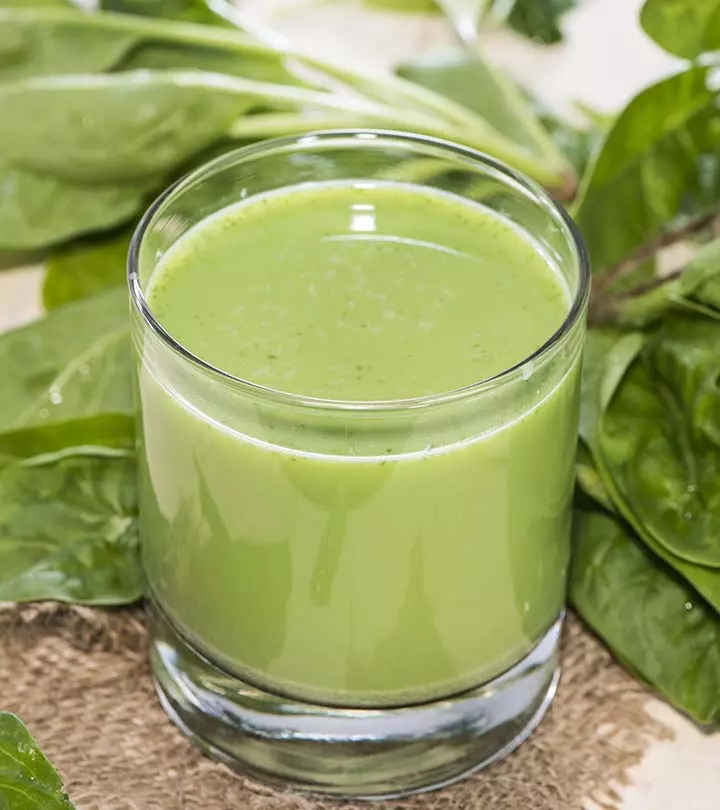
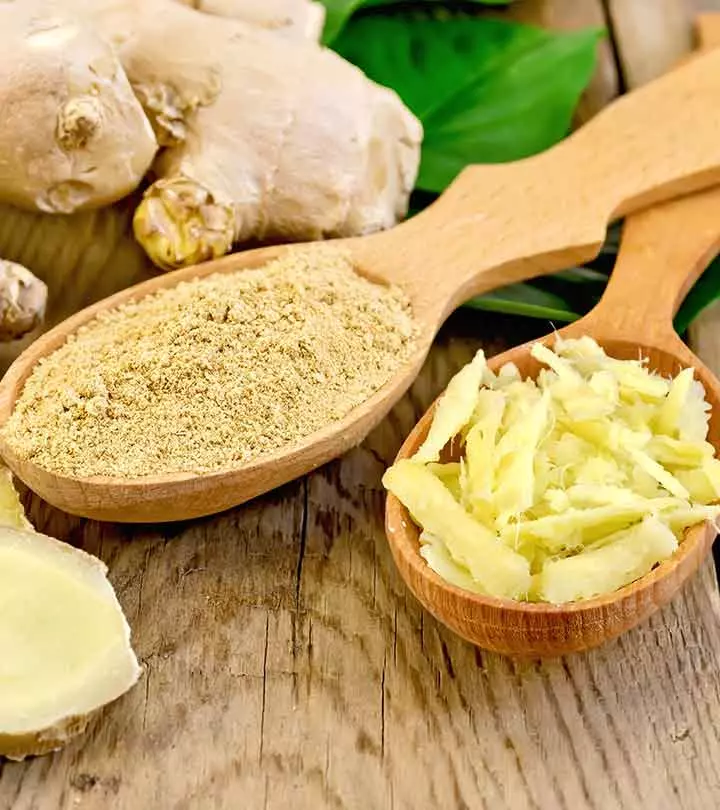
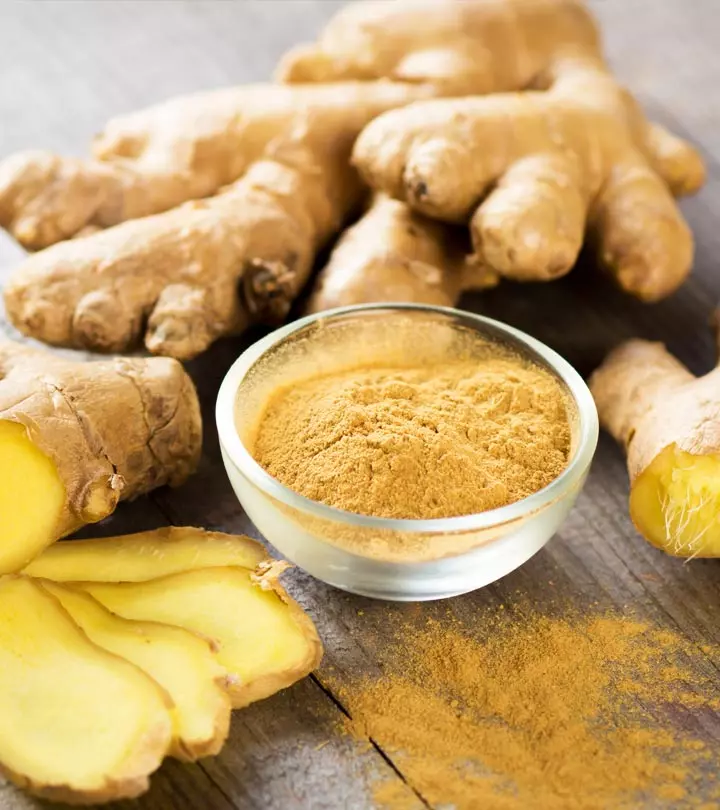


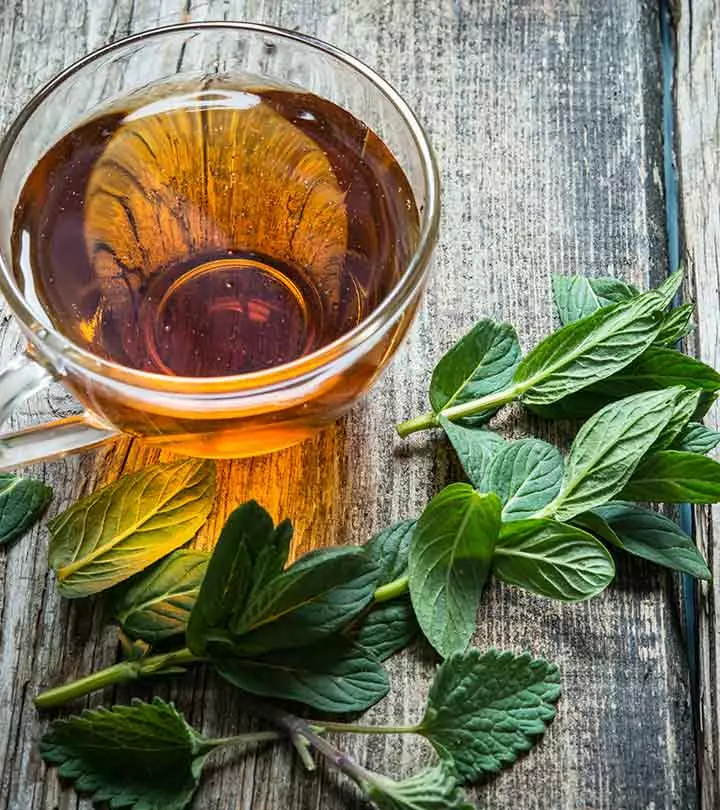



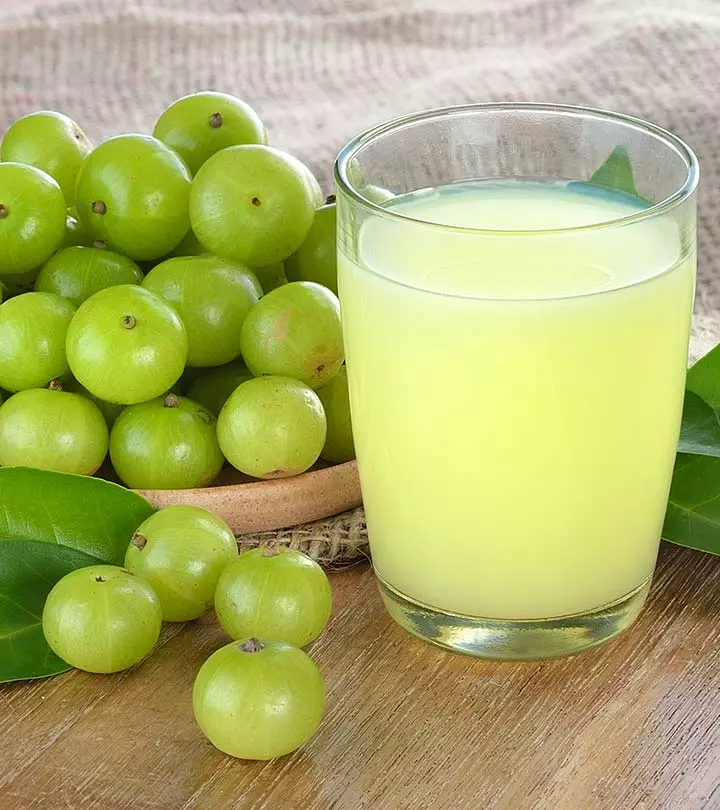
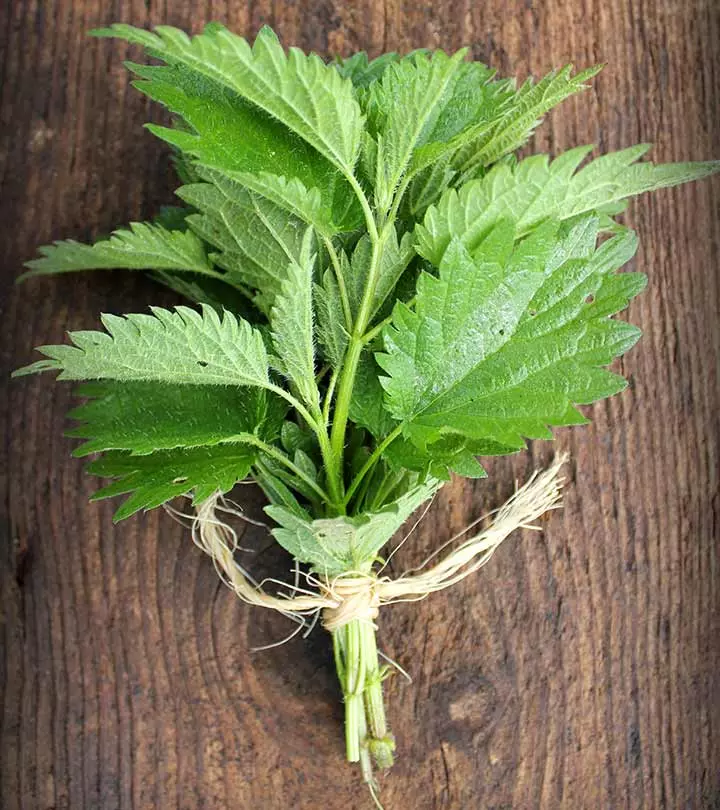
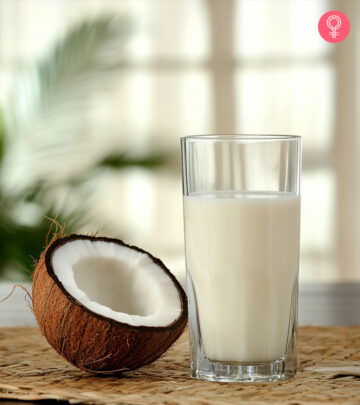
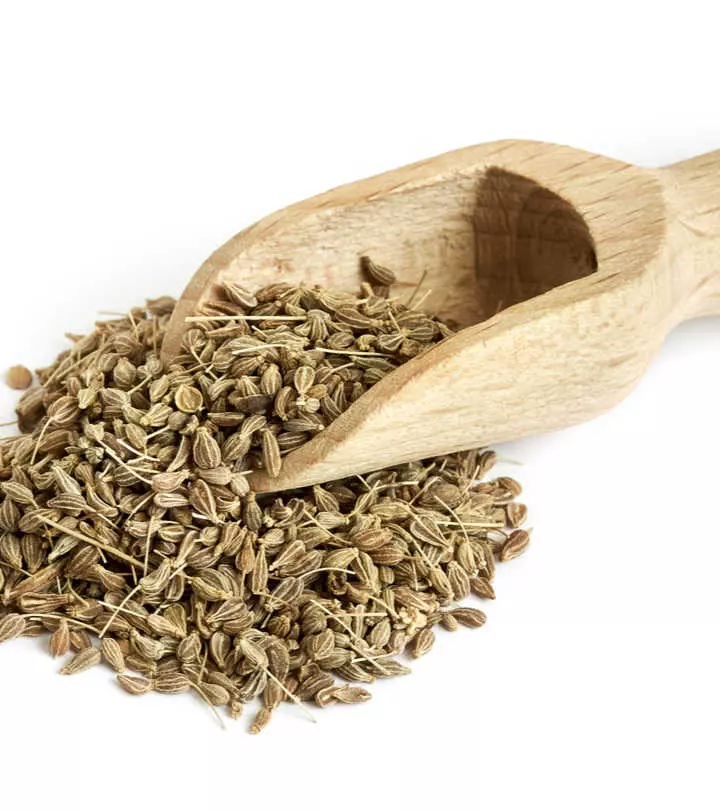

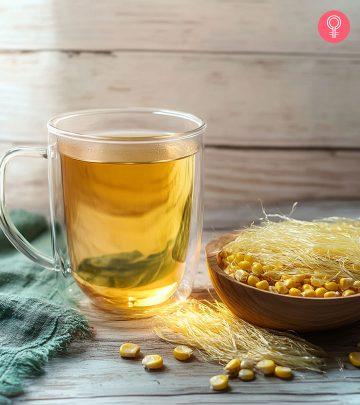
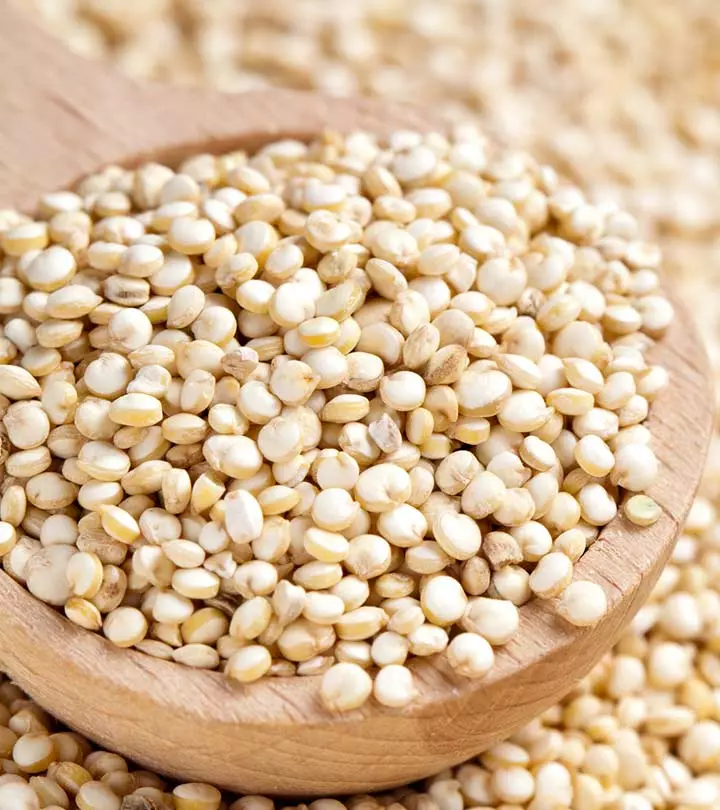
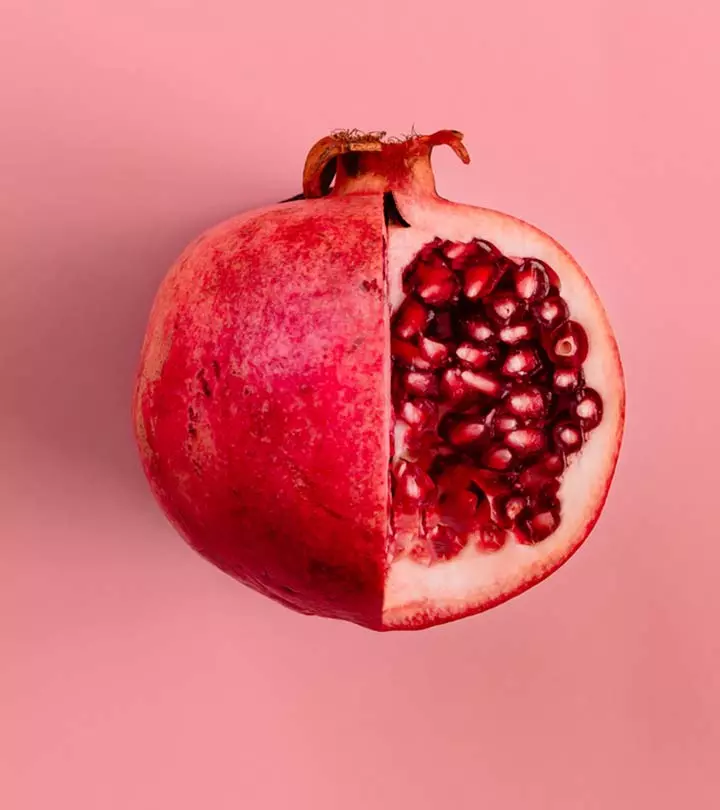
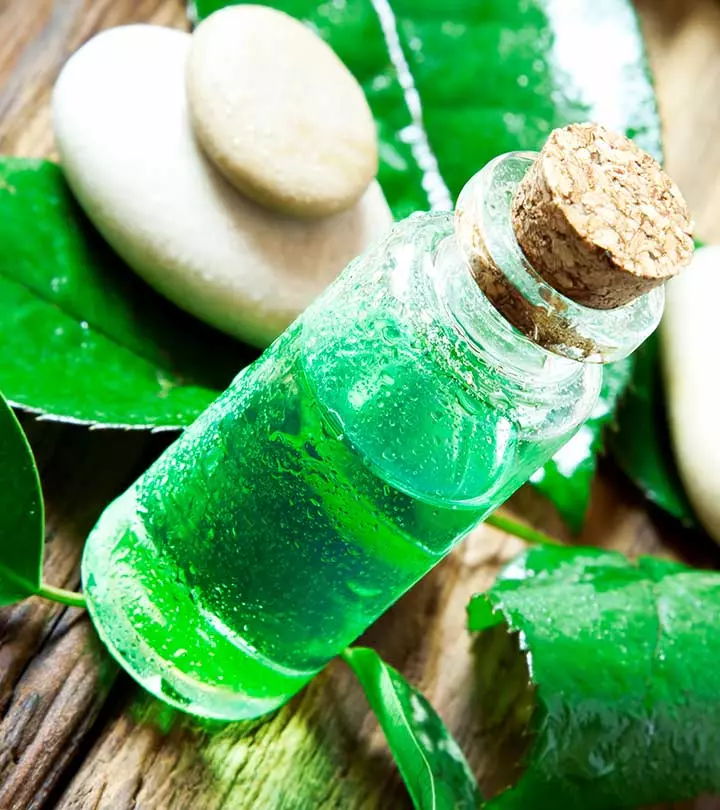
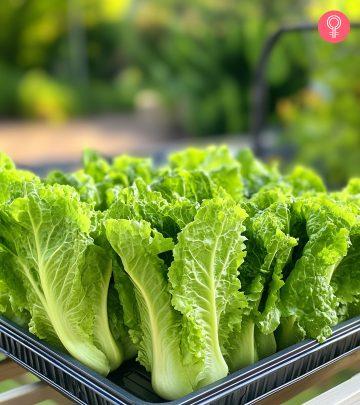
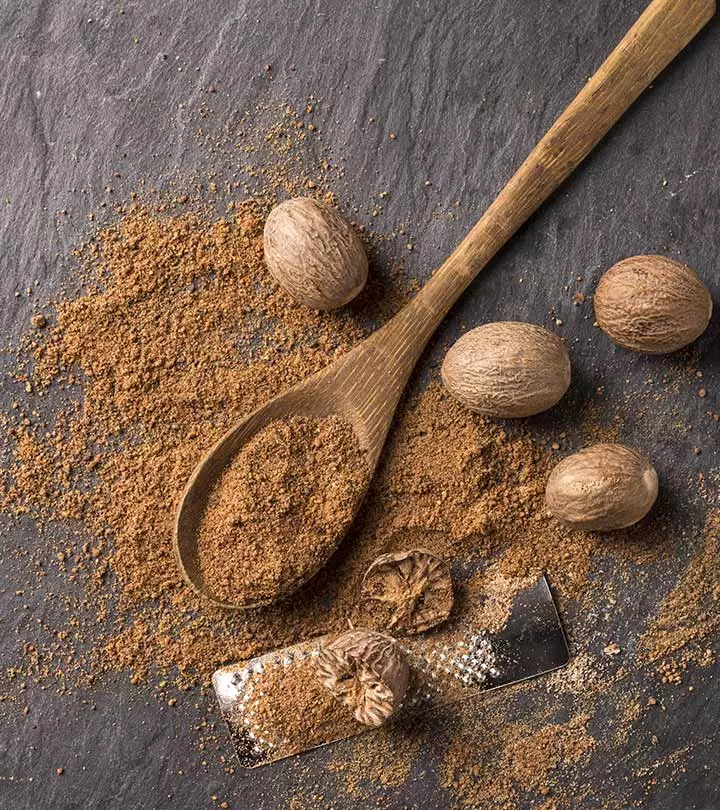

Community Experiences
Join the conversation and become a part of our empowering community! Share your stories, experiences, and insights to connect with other beauty, lifestyle, and health enthusiasts.